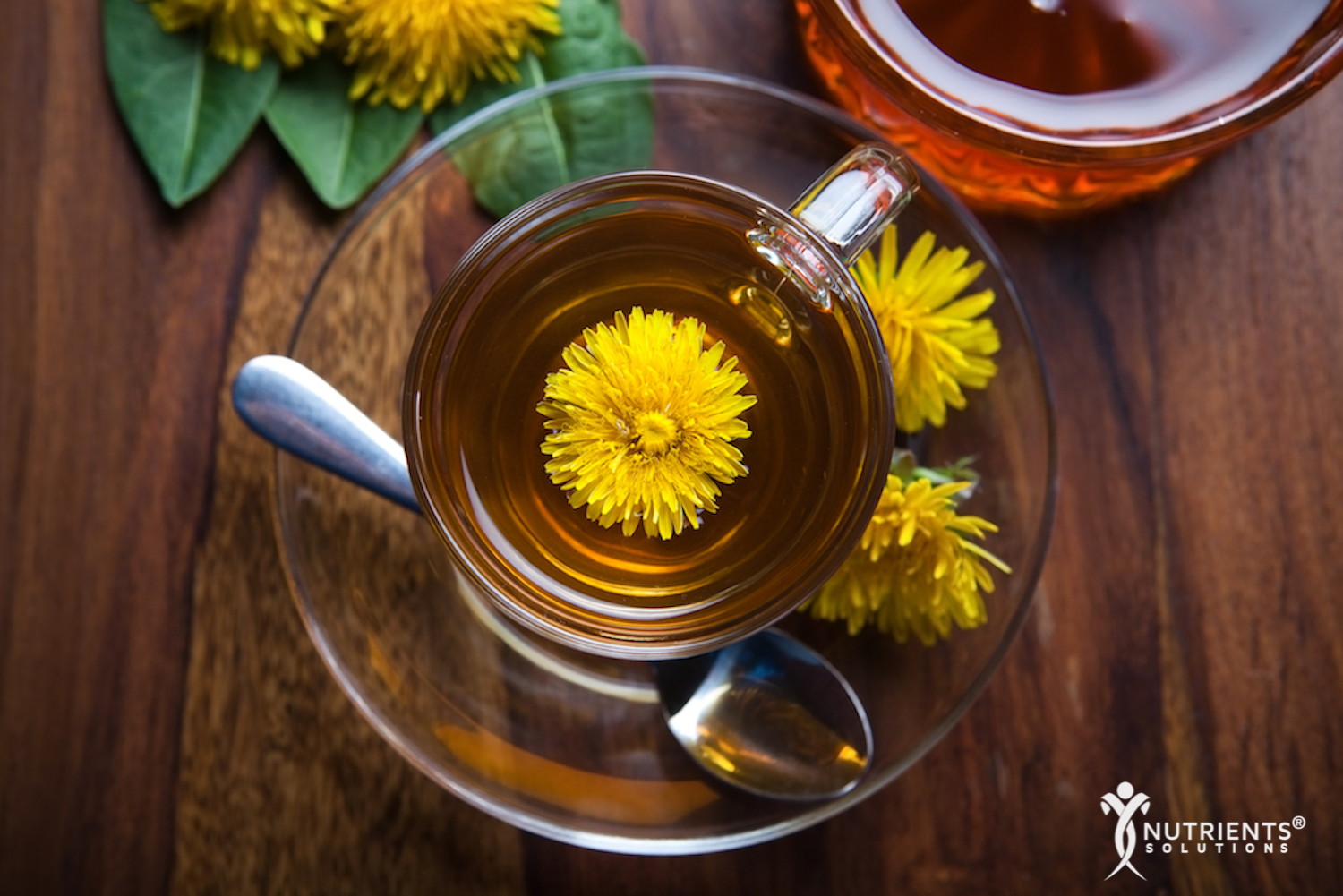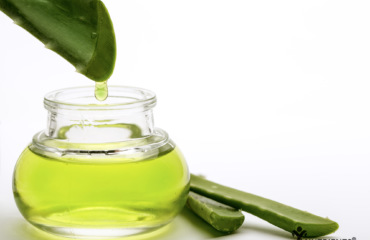Wellness Demystified: We Can Help You Discover Optimum Health
Dandelion Root – A Common Weed That Promotes Good Health

Even the most common of plants found in the environment can provide surprising health benefits. Dandelion root has been used for generations to aid healing and has been found to have many compounds that can be effective as medicine. Dandelion root, botanical name Taraxacum officinale, is a commonly found plant that has been used as a medicinal in the folklore of various cultures. The plant is related to the daisy and can be found throughout North America, Europe and Asia. Many scientific studies have been performed on Taraxacum officinale to determine the types of compounds that account for its reputation as a healing plant. Over the centuries, it has been used to treat a wide range of health problems, and many scientific studies have been able to isolate the compounds in the root that have medical value. This research has justified the use of dandelion root for a variety of common health issues, and it is still being used today to relieve discomfort and provide enhanced healing.
Understanding Dandelion Root
Dandelion is known for its wide distribution and its ability to proliferate easily, even when measures are taken to prevent its development. It is an herbaceous perennial plant that thrives in temperate regions of the world. It is easily recognized by its rounded, daisy-like flowers that turn into puffy, seed clusters that distribute on the wind. It serves as a food source for many caterpillars, butterflies and moths. Analysis of the components in dandelion has found taraxoside, inulin, phenolic acids, terpenes, lactones, coumarins, carotenoids, vitamins and minerals [1]. Although it may seem like an ordinary weed of no particular usefulness, dandelion is packed with health-promoting element.
1. How Dandelion Root Is Used
Because of its wide distribution and vigorous growth habits, it is not surprising that dandelion root came into common use as herbal medicinal. Plant availability is a prime factor in the use of botanical folk cures. Dandelion is one of the most versatile of plants, used as a salad green and for a variety of dishes. The leaves, flowers and roots of the plant can be used, either consumed or applied externally. It can even be made into a flavorful wine.
2. Joint Pain
Dandelion root is a compound that has been used for hundreds of years to relieve joint pain and swelling from osteoarthritis and other inflammatory conditions. A study from South Korea investigated the plant’s ability to relieve inflammation and found that it can successfully relieve inflammation in tissues [2]. Also, dandelion root also has anti-nociceptive properties that help to reduce pain. Dandelion root appears to be useful for managing osteoarthritis symptoms, lowering the dependence on strong pharmaceutical compounds.
3. Skin Problems
Traditionally, the anti-bacterial and anti-inflammatory compounds in dandelion root have been used to relieve skin problems, such as eczema and dermatitis. For many generations, and in a number of different cultures, the dandelion root was steeped in hot water and placed on the skin to reduce irritation and enhance healing. It also has anti-viral properties that reduce the severity of acne breakouts and reduce skin inflammation.
4. Urinary Problems
Dandelion root has often been used as a remedy for urinary problems and kidney disorders. It increases urine flow, without depleting potassium reserves in the body. A study from the Tai Sophia Institute in Maryland suggests that dandelion root can be an effective compound for increasing urinary output, supporting its use as a diuretic for reducing water weight [3].
5. Gastrointestinal Issues
For stomach upsets, heartburn and constipation, dandelion root offers a natural remedy without harsh side effects. Many different cultures have used its properties to soothe gastrointestinal tissues, provide an effective laxative and relieve pain and irritation from excess acid. Generally taken as a tea infusion, dandelion root can be sipped over a period of time to reduce symptoms.
6. Improving Liver Function
Liver problems were another common problem that affected past generations, and they looked to botanical compounds to help them relieve symptoms and improve liver function. Dandelion root was commonly used for this problem, and modern research has provided evidence to vouch for its effectiveness. A study from the University of Gabes in Tunisia was able to isolate compounds in the dandelion root that provide a protective action on liver cells. They were able to detect reduced oxidative stress from toxic components, as well as reduced negative effects on DNA from these substances [4].
7. Anti-Cancer Properties
Dandelion root has also been investigated as a compound that can be helpful in treating cancer. A study from the University of Windsor in Canada found that dandelion root produced cellular mechanisms that caused melanoma cancer cells to die [5]. Furthermore, its effects did not negatively affect healthy cells. The researchers concluded that the use of dandelion root could be of significant help in eliminating abnormal cell proliferation in cases of melanoma, and may be equally effective in treating other types of cancers. In many cases, botanical remedies may provide additional adjunct therapy, in addition to conventional treatment protocols.
8. Provides an Anti-Diabetic Effect
Studies on animals and humans have shown that dandelion leaves and roots lower blood sugar levels. In one clinical study involving 60 patients with type 2 diabetes, participants took a 5-gram daily dose of either dandelion leaf powder, dandelion root powder or a placebo. After nine days, fasting blood glucose levels dropped significantly compared to the placebo in people who took a dandelion leaf and dandelion root. This evidence corroborated the traditional use of dandelion as an anti-diabetic treatment in folk medicine, leading researchers to conclude dandelion can play a role in improving diabetes naturally [6.].
By helping to normale blood sugar levels and preventing high spikes, dandelion could help prevent diabetes in prediabetics and other high-risk groups. According to a report published in The Review of Diabetic Studies, dandelion contains inulin, which is responsible for its positive effects on blood sugar. Inulin boosts populations of good bacteria in your gut, resulting in better mineral absorption and improved glucose metabolism.
Another way dandelion works as an anti-diabetic herb is by stimulating the release of insulin in the pancreas. More insulin in the bloodstream increases the uptake of glucose in cells, thereby lowering glucose levels in the bloodstream. As a good source of inulin and an insulin booster, dandelion is an excellent supplement for preventing or improving diabetes [7].
9. Helps with Weight Loss
By stabilizing blood sugar, dandelion helps reduce dips in blood sugar levels that cause you to eat more calories. However, dandelion also plays another role in weight loss. A study found that dandelion improves fat metabolism, which means it could help you burn more calories. It works by altering the expressions of genes that play a role in the formation of fatty tissue. In culture dishes, a dandelion extract was shown to lower the accumulation of triglycerides, which are the type of fat stored in adipose tissue. Meanwhile, the herbal extract produced no toxic effects on cells [8].
Dandelion can also help you shed excess water weight and reduce bloating by acting as a natural diuretic [9]. It has a positive effect on several conditions associated with obesity, such as high cholesterol, high blood pressure and atherosclerosis (“hardening of the arteries”). In rabbits fed a high-cholesterol diet, dandelion reduced triglyceride levels by 36 percent and lowered LDL (“bad”) cholesterol by 11 percent compared to controls. This suggests dandelion could help lower the risk of heart disease not only by helping with weight loss but also by lowering other risk factors [10].
Furthermore, the dandelion root has achieved some popularity for its benefits for weight loss. Obesity has become a worldwide problem, leading to higher rates of cardiovascular disease, type-2 diabetes, stroke and other serious health issues. Scientists are investigating a variety of botanical compounds in hopes of finding evidence that they can be used to fight the problem. In addition, a study from Bangalore, India suggests that dandelion root can be helpful in reducing fat storage in the body that contributes to obesity by preventing absorption of fat in the intestines [11]. When used over a period of time, the dandelion root may be of use in helping to reduce weight and sustaining weight loss long-term for individuals dealing with obesity.
Botanical and herbal cures often come from unlikely places. The common dandelion may be one of the landscapers’ worse enemies, but its value as a natural medicinal plant has been known for hundreds of years. Earlier generations used it to combat many ailments, and science has found dandelion root has high levels of antioxidants that are only now being recognized for their importance in fighting disease. For the individual interested in botanical remedies, dandelion root should make the list of valuable natural plants to be considered as part of their regular health maintenance.


© 2019 Nutrients Solutions, LLC. All rights reserved. Disclaimer: The information provided is for educational purposes only and does not constitute medical advice. Always seek the advice of your physician or qualified healthcare provider with any questions or concerns about your health. Check with your doctor before beginning any exercise program. Never disregard or delay seeking medical advice because of something you have heard or read in this article or the internet.












